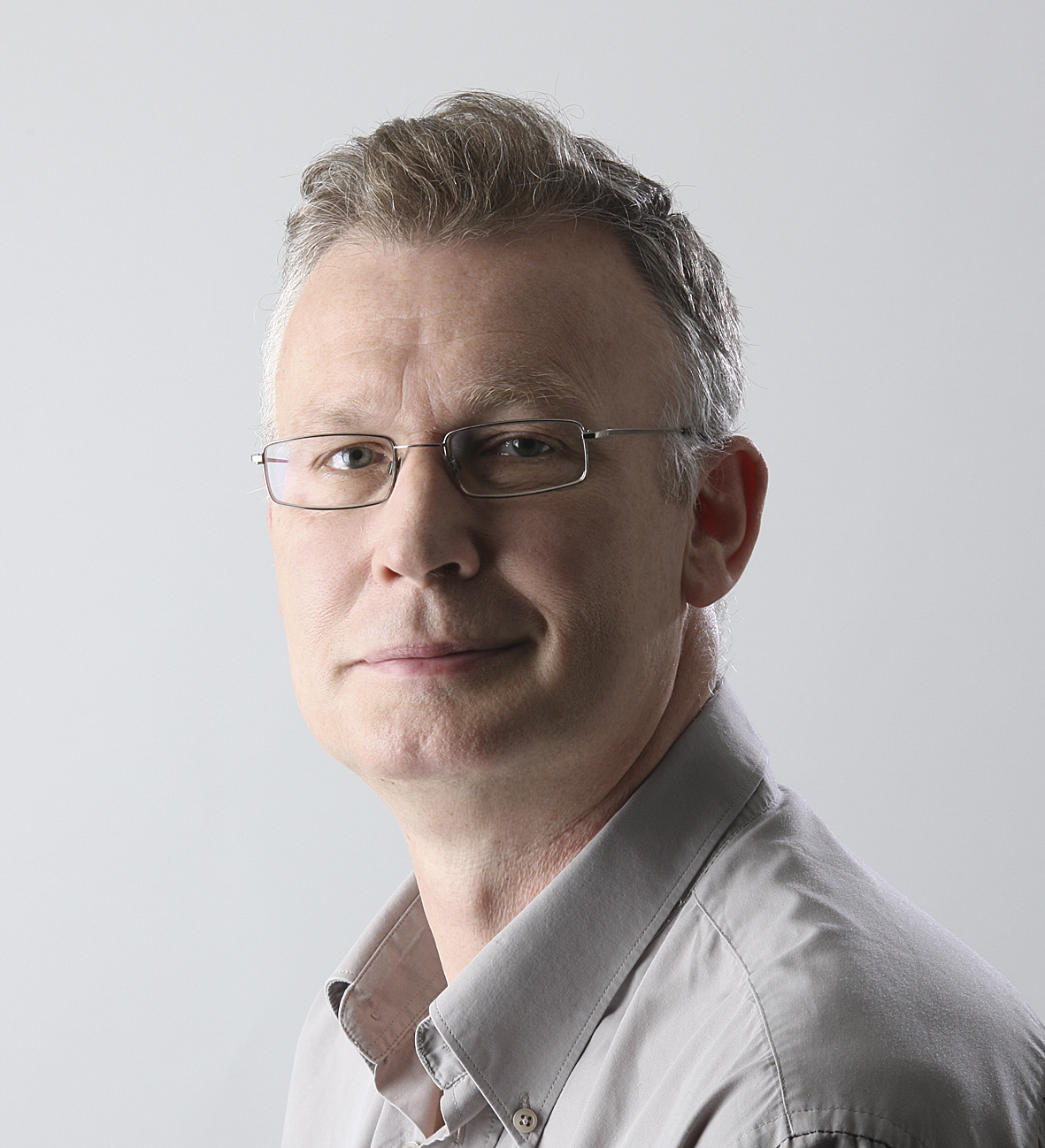With some disbelief, I realise that it’s half a century since I attended my first early-music concert – at the 1972 BBC Proms. It was a thrilling night, because the sounds conjured up by that virtuosic pioneer David Munrow and his Early Music Consort of London were so new, so challenging, so revolutionary.
So was the music, even though it had been composed four or five centuries earlier. Who then had heard of Hermann Finck, Jacobus Barbireau or Hans Kotter? Come to think of it, who has heard of them now? Munrow, who died tragically and much too early, had a knack for digging out complete rarities from the Medieval and Renaissance eras and bringing them to life so flamboyantly that you felt as if you had been transported to the Field of the Cloth of Gold itself.
He wasn’t alone. The early 1970s were full of brilliant young musicians determined to overthrow anachronistic, Romanticised approaches to old music, and do so with panache. In that same Proms season, John Eliot Gardiner conducted Monteverdi’s Vespers in Westminster Cathedral, and even over the radio the lean, incisive singing and playing sounded as daring as Stockhausen or Birtwistle. Nikolaus Harnoncourt’s provocative recordings of German and French Baroque music horrified some but delighted many more.
And when Christopher Hogwood (top image) brought out his legendary recording of Handel’s Messiah a few years later – period instruments, boy trebles, lightning speeds and, most mesmerising of all, Emma Kirkby’s laser-like voice soaring through the soprano solos – it was as if someone had put a bomb under the 200-year-old tradition of performing Handel’s choral works with massive forces. Of course, with hindsight we may feel that the performances created by Hogwood or Harnoncourt said more about late-20th-century sensibilities than about how music actually sounded in the 1700s. That didn’t matter at the time. They were different. They shocked.
There are some things that I don’t miss about those early years of the early-music movement. One is the fierce polarity between various camps. It wasn’t just that period-instrument players asserted that theirs was the ‘authentic’ and only true way to perform Baroque music (a claim nobody is foolish enough to make any more). Or that, on the other side, players in symphony orchestras regularly caricatured period-instrumentalists as failed musicians who couldn’t play in tune. There were also bitter rivalries within the early-music movement itself.
It was quite fun for a journalist if a leading scholar-performer spent a whole interview telling you why a rival’s version of (to take one infamous example) Bach’s Mass in B minor was misconceived in every possible way. But I’m not sure it was good for those working in the field if they were constantly made to feel like participants in a latter-day Hundred Years War. It wasn’t until the 1990s or even later that a new, more flexibly minded generation of musicians appeared, enabling symphony orchestras to do passable impressions of ‘historically informed’ performances where required and, on the other side, period-instrument bands to bring back some of the lusher expressive devices ruthlessly ditched by their dogmatic forerunners.
Two things, however, I miss a lot. One is Medieval music. It’s not that nobody performs pre-Renaissance dances or vocal music any more, but Munrow managed to bring it into the mainstream of concert life and attract a big following. Nobody does that now. People pay lip-service to the concept of ‘nine centuries of classical music’, but in reality few groups perform anything before Tallis, and most early-instrument concerts are of 18th-and 19th-century music. In other words, the mainstream repertoire has shrunk back to what it was before period instruments came along.
The other thing I miss is the thirst for rediscovery and scholarship that infused so many early-music pioneers. How many of today’s ensemble leaders go back to primary sources – composers’ manuscripts or vivid accounts of social and cultural conditions in earlier centuries – to enrich their understanding of the music? How many are prepared to spend days, maybe months, rooting around in dusty libraries to find music that deserves resuscitation?
I don’t deny that the technical standards of today’s musicians are, on the whole, streets ahead of what I heard in the 1970s. But I miss today the feeling of new worlds being revealed and old preconceptions challenged. I don’t think that’s just nostalgia talking.
Top image by Getty Images
